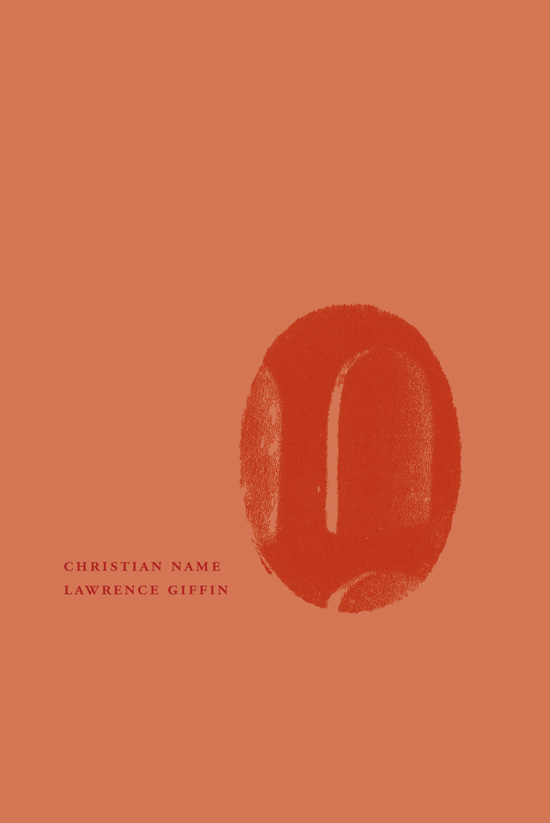Christian Name is the first full-length book of poems by Lawrence Giffin. It culls poems begun in 2005, when the poet Eric Baus introduced Giffin to linguistic studies on the “feral-child” Susan Wiley, better known by her medical pseudonym “Genie.” Wiley was kept in isolation by her family until the age of thirteen, when she was discovered by a welfare worker in Temple City, CA. She quickly came to be seen as a new subject in a long line of “forbidden experiments,” with other experiments in language deprivation going back to the Egyptian pharaoh Psamtik I. Young psycholinguists hurried to test Wiley to see whether she would prove or disprove the critical period hypothesis, a hypothesis in linguistics that language acquisition is possible only within the first few years of brain development, a theory that Wiley seemed poised to prove, but not before her mother reasserted her parental rights and the experiment ended.
There is nothing more terrifying than the thought of being unable to name or even to recognize one’s terror. And yet, as Jacques Lacan wrote in a 1948 lecture, “A child who does not yet speak reacts differently to punishment than to brutality.” Instead of attempting to give voice to the mute child, the poems in Christian Name seek to expand her silence to all aspects of private and public life. Through tortuous grammatical constructions, one-liners, perverted non-sequiturs, and appropriated language, Christian Name affirms not so much that language is at bottom mute material but that it’s provisional, that speaking and writing are integral to the ongoing production of social contracts.
